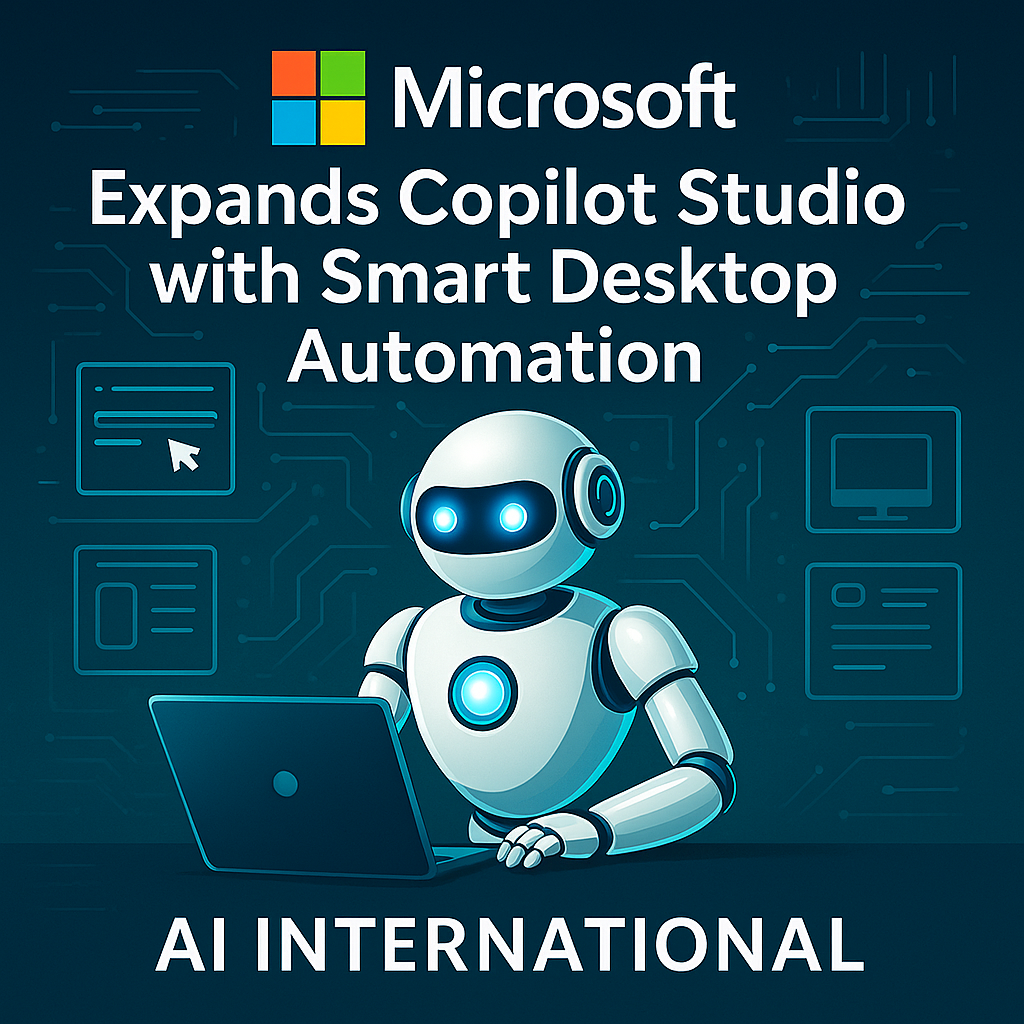Microsoft has taken a major leap in workplace automation with its latest update to Copilot Studio. The newly introduced “computer use” capability empowers AI agents to control and interact directly with both websites and desktop applications — without relying on APIs. This means bots can now simulate real user actions like clicking buttons, filling out forms, scrolling through pages, or navigating software menus.
Unlike traditional automation tools that require deep technical integrations, this feature is built to work across various environments, enabling organizations to rapidly automate legacy systems, third-party platforms, and internal workflows. Tasks such as invoice approvals, data entry across spreadsheets, customer record updates in CRM systems, or even gathering intelligence from multiple browser tabs can now be fully managed by AI agents — streamlining repetitive operations across departments.
Microsoft is positioning Copilot Studio not just as a productivity booster, but as a bridge between fragmented software ecosystems. Early enterprise users have reported dramatic efficiency gains in finance, HR, and customer service departments. By eliminating the need for custom APIs or robotic process automation (RPA) software, Copilot Studio aims to democratize enterprise automation and reduce IT overhead.
This innovation reflects a broader industry shift toward more intuitive, intelligent systems capable of mimicking human workflow logic. It reinforces Microsoft’s commitment to building accessible AI tools that not only assist but actively execute complex digital tasks.
As competition in the enterprise AI space heats up, Copilot Studio’s smart desktop automation could redefine how companies think about task delegation and workforce augmentation.
